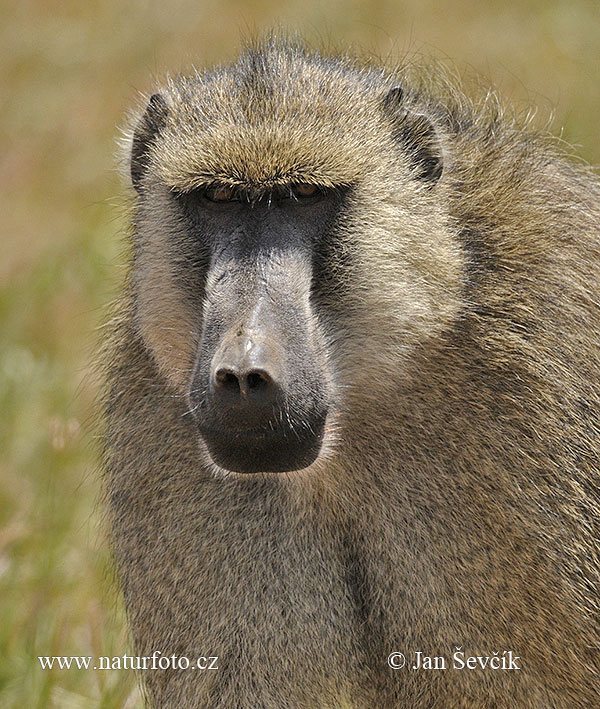Did you know that a male platypus is venomous? The mammal has always been considered odd; it lays eggs and hunts prey by using its duckbill to sense electrical currents. It's poisonous attributes make the platypus even odder. But a platypus is not the only venomous creature in the world. Hooded pitohui and Komodo dragons are also venomous.  The ironic fact is that these toxins might be used as pain-killers and disease fighters in the future! Animal venoms have been used as a blueprint for developing a number of new drugs, including those that treat heart disease and chronic pain. The reason why is because toxins are complicated.Toxins are so similar to good proteins that they cause serious problems by telling cells to do the wrong things in the wrong places at the wrong times. Scientists want to learn how toxins manage to accomplish this so they can turn it into a life-saver. After all, what can kill us can also save us — once we learn to control it.
The ironic fact is that these toxins might be used as pain-killers and disease fighters in the future! Animal venoms have been used as a blueprint for developing a number of new drugs, including those that treat heart disease and chronic pain. The reason why is because toxins are complicated.Toxins are so similar to good proteins that they cause serious problems by telling cells to do the wrong things in the wrong places at the wrong times. Scientists want to learn how toxins manage to accomplish this so they can turn it into a life-saver. After all, what can kill us can also save us — once we learn to control it.
 The ironic fact is that these toxins might be used as pain-killers and disease fighters in the future! Animal venoms have been used as a blueprint for developing a number of new drugs, including those that treat heart disease and chronic pain. The reason why is because toxins are complicated.Toxins are so similar to good proteins that they cause serious problems by telling cells to do the wrong things in the wrong places at the wrong times. Scientists want to learn how toxins manage to accomplish this so they can turn it into a life-saver. After all, what can kill us can also save us — once we learn to control it.
The ironic fact is that these toxins might be used as pain-killers and disease fighters in the future! Animal venoms have been used as a blueprint for developing a number of new drugs, including those that treat heart disease and chronic pain. The reason why is because toxins are complicated.Toxins are so similar to good proteins that they cause serious problems by telling cells to do the wrong things in the wrong places at the wrong times. Scientists want to learn how toxins manage to accomplish this so they can turn it into a life-saver. After all, what can kill us can also save us — once we learn to control it.
I think that studying an animals toxins is a step in the right direction for making the world a better place. I feel this way because if we learn how to turn toxins into medicine, who knows how many cures scientists could create for illnesses!

Also, if platypus venom is able to paralyze, then maybe as a medicine, it could do the opposite. Paralyzed people could be able to walk again! All in all, I don't think anything bad can come out of studying animal poisons.
Sources
http://images.nationalgeographic.com/wpf/media-live/photos/000/005/cache/komodo-dragon_599_600x450.jpg
https://www.iacez.com/images/mr-networth/eureka-left.png
http://www.worldwildlife.org/gift-center/Images/large-species-photo/large-duck-billed-platypus-photo.jpg
Sources
http://images.nationalgeographic.com/wpf/media-live/photos/000/005/cache/komodo-dragon_599_600x450.jpg
https://www.iacez.com/images/mr-networth/eureka-left.png
http://www.worldwildlife.org/gift-center/Images/large-species-photo/large-duck-billed-platypus-photo.jpg



